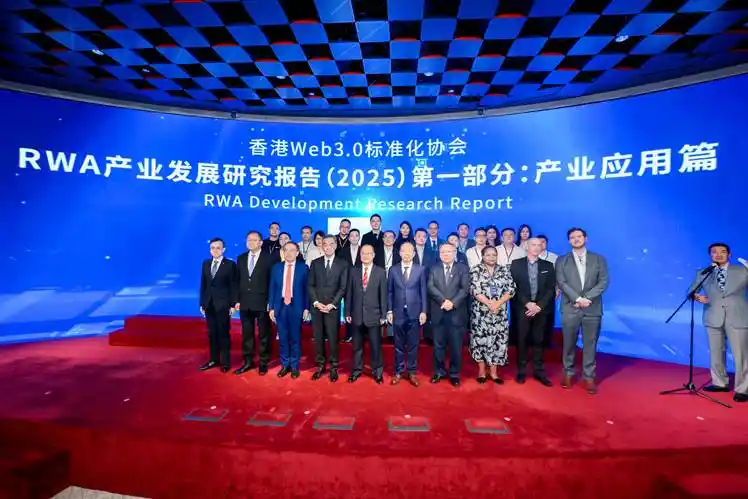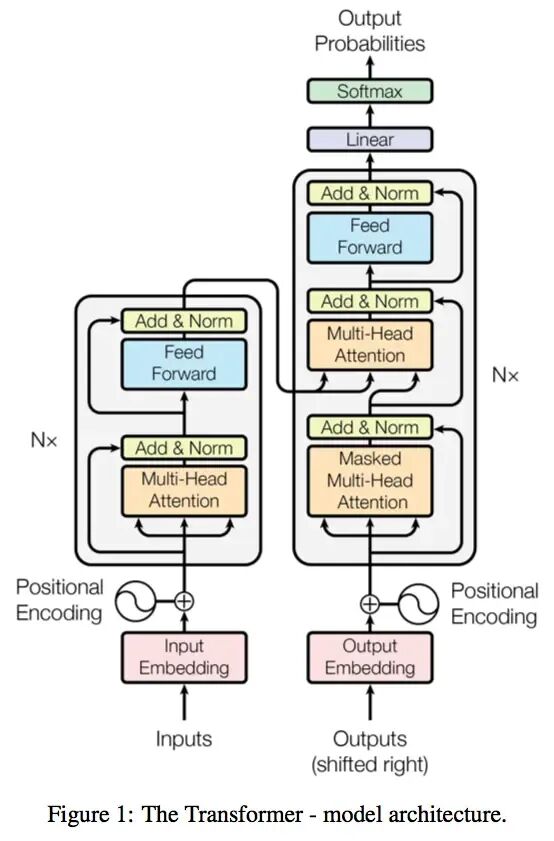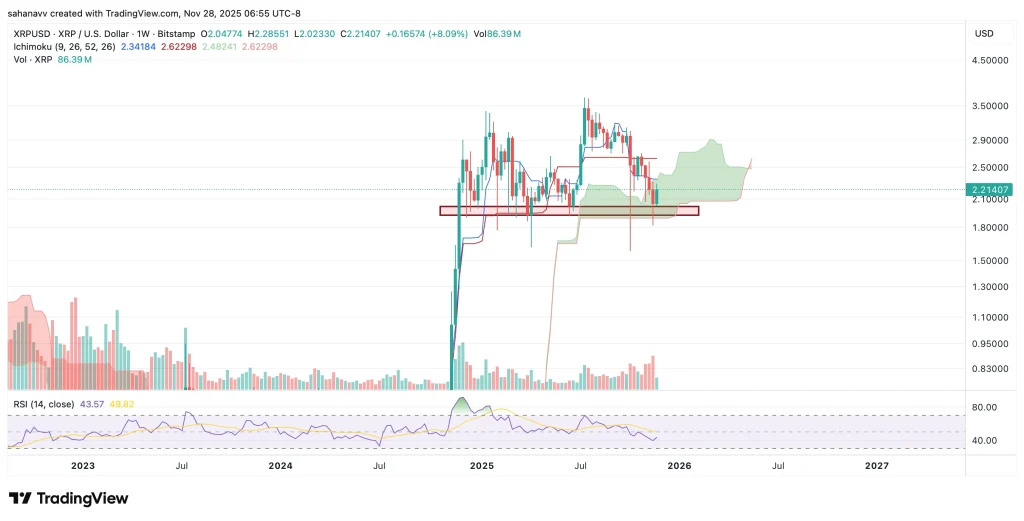Hong Kong's First RWA Industry Whitepaper Released: The Notion of Everything Being RWA is a False Proposition
Hong Kong Releases RWA Report, Proposing Tokenized Asset Selection Criteria and Industrialization Path
With the rapid development of Real-World Assets (RWA) tokenization, the market has been buzzing with the narrative of "RWA Everything." However, the "RWA Industry Development Research Report · Industry Chapter 2025" (hereinafter referred to as the "Report") was released in Hong Kong on August 7, breaking this blind optimism and systematically laying out asset selection criteria and frameworks.

The Report points out that not all assets are suitable for RWA tokenization, and "RWA Everything" is a false proposition. Assets that successfully achieve scalable implementation need to meet three major thresholds: value stability, legal clarity of ownership, and verifiability of off-chain data.
Currently, the RWA industry is at a critical juncture in transitioning from concept validation to practical application. According to Defillama data, as of June 2025, the Total Value Locked (TVL) in RWA has reached $12.5 billion, a 124% increase from 2024. RWA tokenization has become a key focus of global financial and blockchain industries, leading to a collaborative effort among traditional institutions, financial entities, tech companies, and crypto projects.
Entities across various sectors are accelerating the advancement of RWA from concept validation to scalable application through cross-industry collaboration, regulatory pilots, and underlying technological innovation. For example, top global banks such as Citi and Standard Chartered are exploring RWA's application in payment settlement, asset management, and cross-border transactions; Ant Group has launched the blockchain platform Jovay designed for institutional-level RWA transactions, significantly increasing throughput and reducing user response time.
As different asset types are gradually tokenized on-chain, RWA application scenarios continue to expand, with several representative directions emerging in practice. These include mainstream assets such as financial assets like gold, bonds, receivables, and funds; new energy assets like charging stations and photovoltaics; real estate assets like hotels and properties; intangible assets like carbon credits, data, and intellectual property; and computational power assets like GPU hardware. Among these, new energy RWA represents a "Chinese characteristic," showcasing the immense potential of green finance in the real economy financing scene. Computational power assets like GPUs, driven by AI industry demands and trustworthy "digital DNA," have become ideal anchor assets for RWA. While real estate RWA in areas such as commercial properties is also being explored, it faces challenges such as property registration differences, inconsistent valuation, and local regulatory compliance.
The Report also highlights that the deep integration of RWA with stablecoins signifies a paradigm shift in "on-chain finance," addressing the issues of "transactional idleness" and "rootless tokens" in the crypto ecosystem, promoting the transition from mere "crypto speculation" to the "on-chain value internet."
Facing the new opportunities brought by RWA, regulators have gradually formed the principle of penetrative supervision and a sandbox testing mechanism at the regulatory level, aiming to provide a clear compliance path for industry innovation. Regulatory bodies around the world generally employ the principle of penetrative supervision and establish market barriers through the implementation of a licensing admission system, while also setting up a regulatory sandbox mechanism to provide a controlled testing environment for innovative applications.
The report emphasizes that the rise of RWA is not accidental but the result of the combined effect of various factors, including the lack of liquidity in traditional assets, the maturity of blockchain technology, and the transformation of market demand. However, the development of RWA still faces significant risks, such as substantial regulatory differences among countries, insufficient off-chain data transparency, and poor liquidity of some assets. In addition, technological security vulnerabilities and contract complexity are also potential risks. Therefore, while pursuing technological innovation, it is essential to pay attention to the importance of risk management and compliance construction.
It is understood that the "RWA Industry Development Research Report · Industry Section 2025" was initiated by the Hong Kong Web3.0 Standardization Association, The Hong Kong Polytechnic University, the Greater Bay Area International Information Technology Association Digital Economy Research Center, and the IEEE Computer Society Blockchain and Distributed Ledger Standards Committee.
Disclaimer: The content of this article solely reflects the author's opinion and does not represent the platform in any capacity. This article is not intended to serve as a reference for making investment decisions.
You may also like
No wonder Buffett finally bet on Google
Google holds the entire chain in its own hands. It does not rely on Nvidia and possesses efficient, low-cost computational sovereignty.

HYPE Price Prediction December 2025: Can Hyperliquid Absorb Its Largest Supply Shock?

XRP Price Stuck Below Key Resistance, While Hidden Bullish Structure Hints at a Move To $3

Bitcoin Price Prediction: Recovery Targets $92K–$101K as Market Stabilizes
